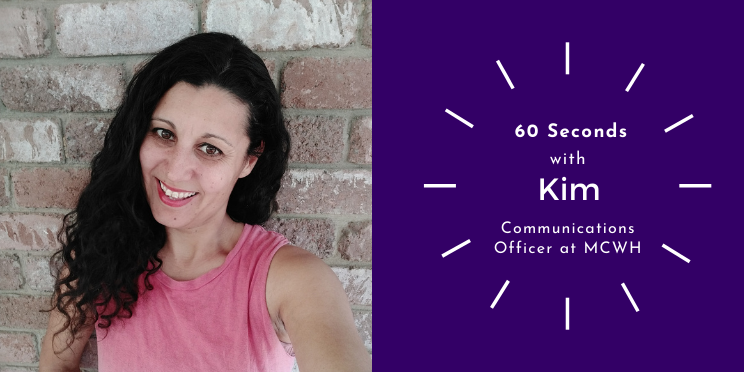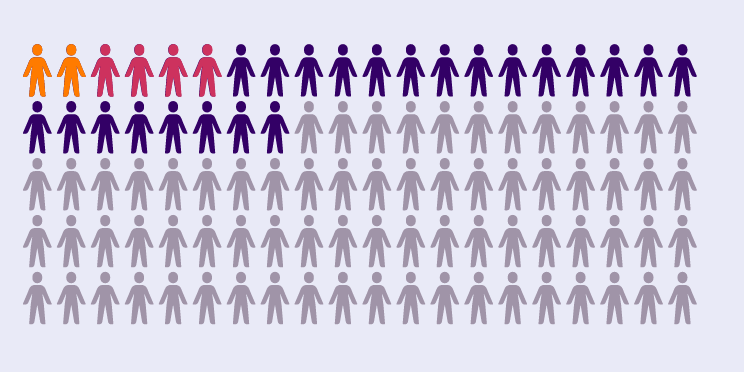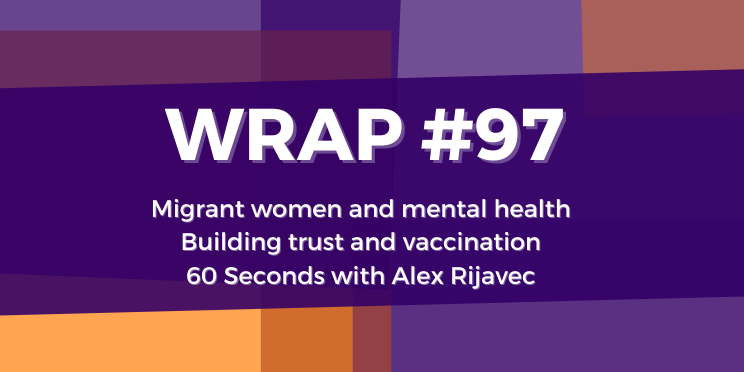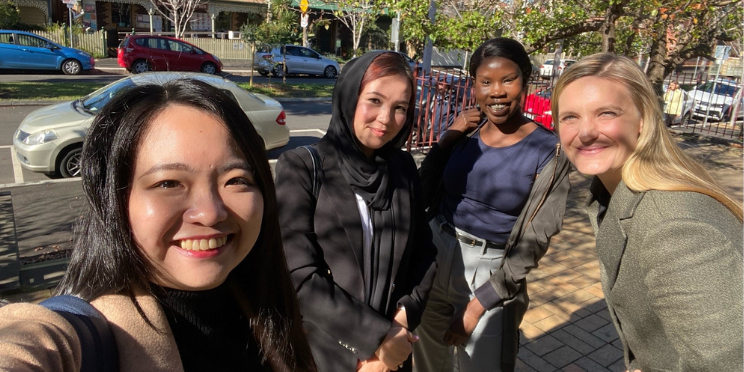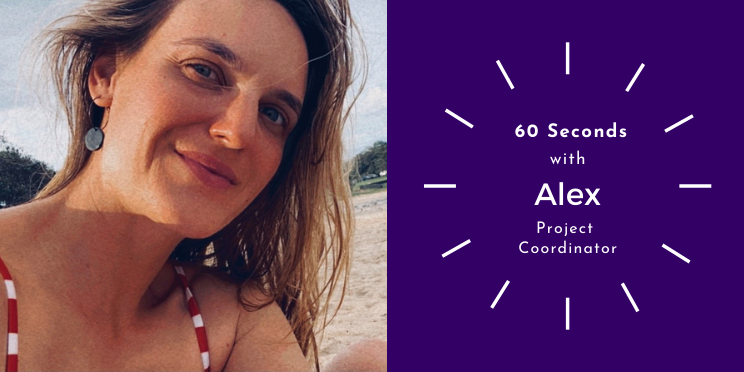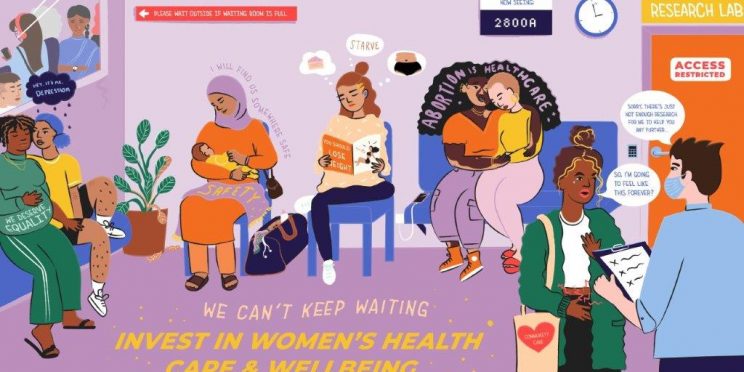If there’s one thing we’ve learned since we began the National Education Toolkit for Female Genital Mutilation/Cutting Awareness Project, it’s that talking about FGM/C in Australia is complex. It’s an issue that calls for an historical understanding, a shared language, and a more nuanced conversation than…
Migrant women’s health in migrant women’s hands
If our recently launched Sexual and Reproductive Health Data Report and ‘Act Now’ paper makes one thing clear, it’s that despite the many changes, there is much more work to be done.
60 seconds with Kim Grosser
Kim Grosser is Communications Officer at MCWH. What are you enjoying doing at the moment? Since we’re in our sixth lockdown here in Victoria, I’m going to be a cliché and say that I’m enjoying the escapism of TV at…
Representation matters
Early next month the Federal Government’s virtual, live streamed Women’s Safety Summit will take place to address one of the most pressing issues in the country: violence against women and children. While we’re pleased to see that the Summit will…
The WRAP #97: Mental health, building trust and 60 seconds with Alexandra Rijavec
Dear WRAP family, What a difficult month. We’ve been devastated by the loss of lives, homes and land of the Palestinian people. We are heartbroken by the unimaginable scale of death and suffering in India. We’ve been crushed by the shooting of protesters in Myanmar. Global events deeply…
Investing in migrant women’s mental health
Recently, the Victorian government announced that it would invest a record $3.8 billion dollars to help reform Victoria’s ‘broken’ mental health system. This was good news for many who have long been advocating for more support. Among its many findings, the…
Building trust for a smooth vaccine rollout
Recent research has shown that migrant women are a key group who would benefit greatly from more information about COVID-19 vaccination. How we deliver that information is important.
60 seconds with Alexandra Rijavec
Alexandra Rijavec is a Project Co-ordinator for the WOMHEn project at MCWH.
WRAP #96
The WRAP #96: That consent video, the value of a dollar (or 68 cents) and 60 seconds with Fay Xu
Valuing migrant women’s health
In the area of health, equitable funding for women’s health services, which keeps up with population growth, is long overdue. Over time, funding for the women’s health program in Victoria has eroded from $4 per woman to $2 per Victorian woman today. When it comes to the million migrant women living in Victoria, the amount MCWH receives in funding is a very inadequate 68c per woman.


